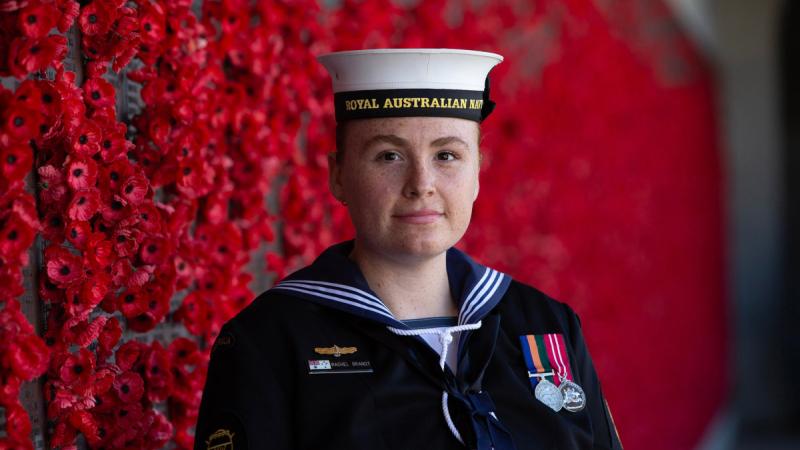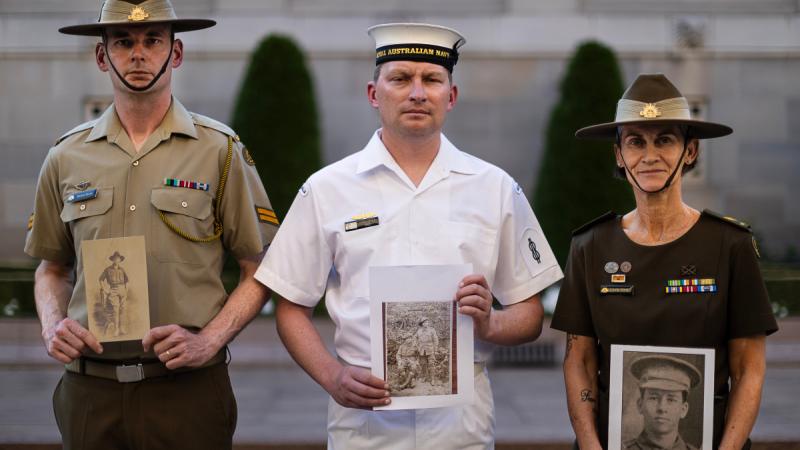Jake Vincent credits his girlfriend Sidney with saving his life.
The now 25-year-old Darwin man had just returned home from a concert when he started to feel unwell.
“I had a bad headache, I got up to get some paracetamol from the other side of the room and fell over, I picked myself up thinking I’d had a little too much to drink and fell over again,” Jake said.
“Sidney turned the light on and noticed my face was droopy, I tried to move but I couldn’t move my left arm or leg. Thankfully Sidney recognised the F.A.S.T signs of stroke and called an ambulance, they arrived within 10 minutes, but it felt much longer for Sidney.”
Despite being young, fit, and active, Jake experienced a second stroke just four days later – yet he considers himself one of the lucky ones.
“It’s a double-edged sword in a way, it’s unlucky that I had a stroke, but I have been able to recover quite well because I was so young,” he said.
“I want people to know that stroke can happen to anyone, you shouldn’t live your life in fear, but you should be aware about these things.”
Jake is one of more than 2,500 stroke survivors living in the community across the Northern Territory.
To mark National Stroke Week (August 8-14), Stroke Foundation is encouraging Northern Territorians to learn the F.A.S.T (Face, Arms, Speech, Time) signs of stroke to ensure more people can receive the lifesaving treatment they need after stroke and will be able to enjoy more of life’s precious moments. For Jake, that’s spending time with family.
“Early on it was the small things, for the first five weeks post-stroke I couldn’t go to work or play sport,” he said. “Without being too sentimental my precious moments are definitely being able to enjoy more time with my family and friends.”
National Stroke Week is Stroke Foundation’s annual awareness campaign. You can support the campaign by sharing, retweeting or creating your own social media post on any platform. Learn and share the F.A.S.T. signs of stroke and call triple zero (000) straight away if you suspect a stroke. The faster a patient receives medical treatment, the better the chance of a good outcome from stroke.
Stroke Foundation Chief Executive Officer Sharon McGowan thanked Jake for spreading the F.A.S.T message.
“We know the faster a person with stroke gets to hospital and receives medical treatment, the better their chance is of survival and a good recovery,” Ms McGowan said.
“Stroke Foundation’s annual survey found that 40 per cent of Australians do not recognise any of the signs of stroke, and therefore may not call for an ambulance quickly enough to get medical care. “Our goal is to ensure that at least one person in every household and workplace in Australia can recognise the signs of stroke and knows that time is critical, calling triple zero (000) is the very first thing you must do.”
Think F.A.S.T and ask these questions:
Face – Check their face. Has their mouth drooped?
Arms – Can they lift both arms?
Speech – Is their speech slurred? Do they understand you?
Time – Time is critical. If you see any of these signs, call 000 straight away








